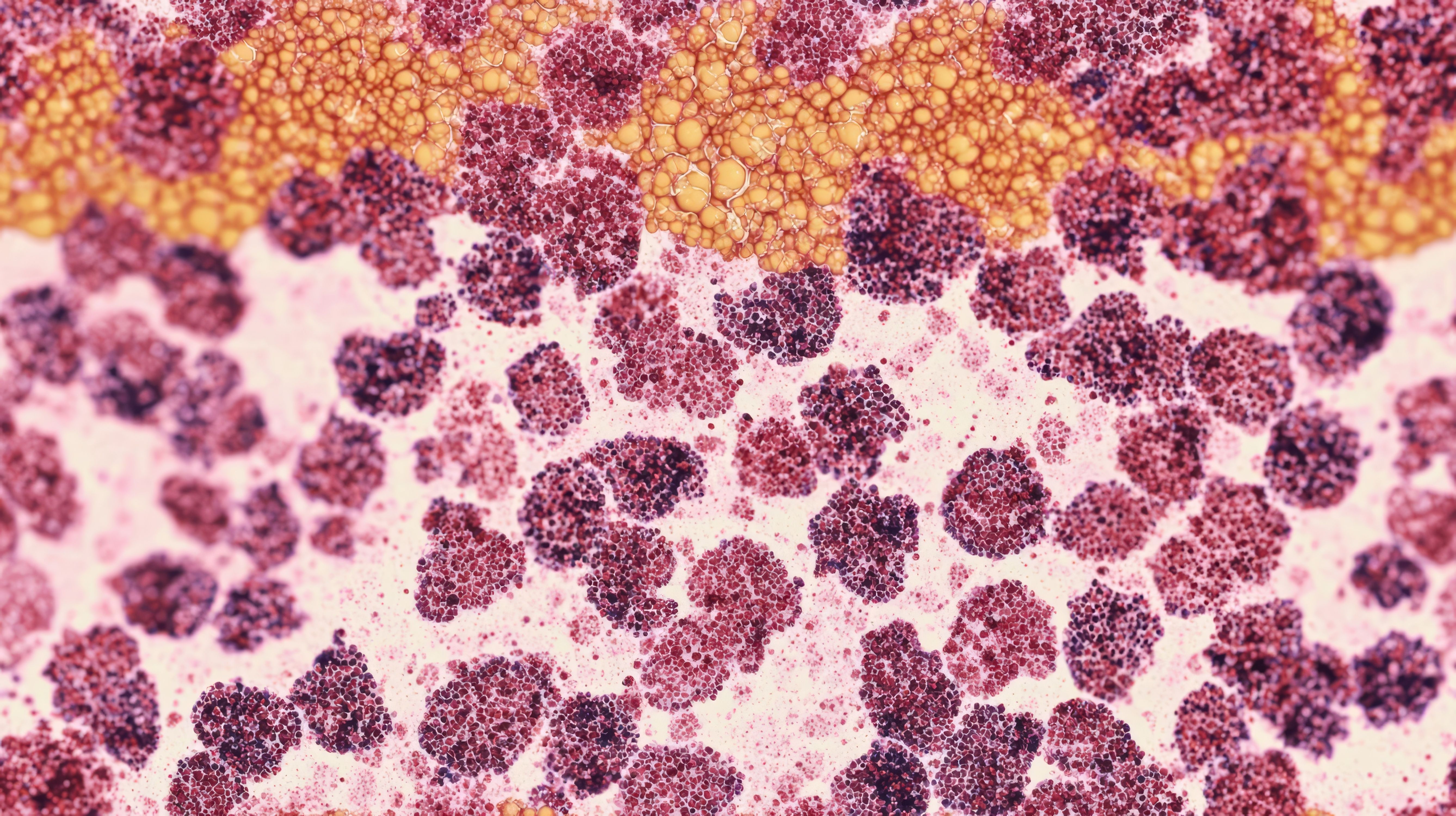Article
Sovaldi Effective in Hepatitis C Patients With Chronic Kidney Disease
Author(s):
Sofosbuvir may help improve the kidney function of some patients with hepatitis C virus.
Direct-acting antiviral (DAA) drugs are safe and effective for individuals with chronic kidney disease (CKD) and hepatitis C infection (HCV). In fact, DAA treatment may even help improve the kidney function of some patients, a new study has found.
“There has been very limited data regarding the safety of direct-acting antiviral therapies in patients with CKD,” corresponding author Meghan Sise, MD, MS and an assistant in medicine at Massachusetts General Hospital, said. “This study shows that kidney function was, on average, stable during DAA therapy.”
HCV infection is common in patients with CKD and increases their risk of progressing to kidney failure, the researchers wrote. However, the majority of HCV-infected patients with CKD remain untreated because of adverse effects from therapies such as interferon, ribavirin and first generation protease inhibitors.
Direct-acting antiviral sofosbuvir (Sovaldi, Gilead Sciences Inc.) has had a high success rate in treating chronic HCV. But the potential for toxicity to the kidneys has raised some concern, especially in patients with CKD, the researchers said.
Sise and her colleagues at Massachusetts General Hospital set out to investigate. They studied 98 patients with stages 1-3 CKD who received sofosbuvir-based therapy in a large healthcare system.
Overall sustained virologic response (SVR) reached 81%, with patients maintaining stable kidney function. Individuals with advanced CKD were more likely to be cured of HCV than those with mild cases. In addition, patients who reached SVR saw improved kidney function following treatment, the researchers found.
Even so, 81% of patients saw at least one new or worsened symptom while on the DAA treatment or within four weeks of completing therapy. When ribavirin was co-administered, the odds of adverse events increased, the researchers found.
Serious adverse events affected 17% of the patients, although only 8% discontinued treatment. The degree of CKD did not change the rate of side effects, the team found.
Previous studies of sofosbuvir have shown SVR rates approaching 100% in some populations, but the lower rate in this study had a reasonable explanation, Sise said.
“This study looked at all patients treated so it included all genotypes,” Sise said. “Patients with genotypes 3 are much harder to cure.”
In addition, many of the patients received sofosbuvir and ribavirin. This therapy isn’t as effective as newer, more potent, combination DAAs, Sise said.
“I suspect that these are the reasons for the SVR rate that is lower than what is typically seen in the general population,” Sise said.
Larger studies are needed to determine if eradication of HCV with DAAs slows or prevents progression to end stage kidney disease in patients with CKD and HCV, researchers wrote.
“We are now examining a population of 2,000 patients treated with DAAs to determine the effect of DAAs on kidney function,” Sise said.
Sise and others reported research grants from Gilead, AbbVie, Merck & Co., Bristol-Myers Squibb and Janssen. Some of the authors also participated on drug makers’ scientific advisory boards.
The study, "Effect of Sofosbuvir-Based Hepatitis C Virus Therapy on Kidney Function in Patients with CKD," was published online in Clinical Journal of the American Society of Nephrology.
A press release regarding the study was made available.
Newsletter
Stay informed on drug updates, treatment guidelines, and pharmacy practice trends—subscribe to Pharmacy Times for weekly clinical insights.




